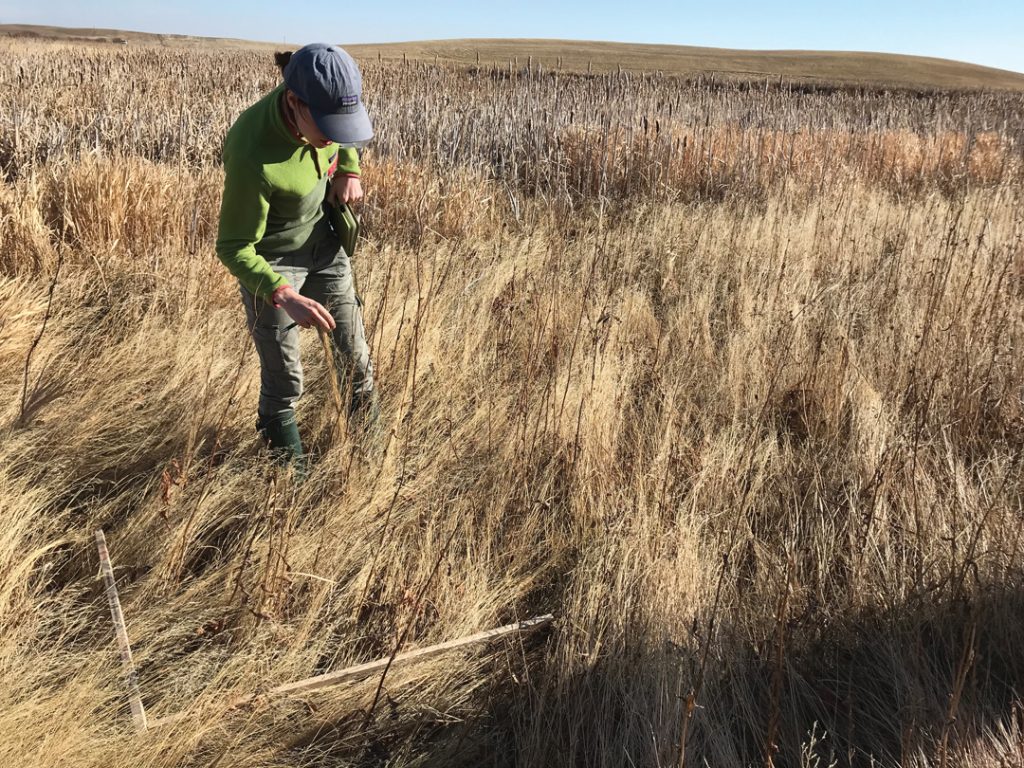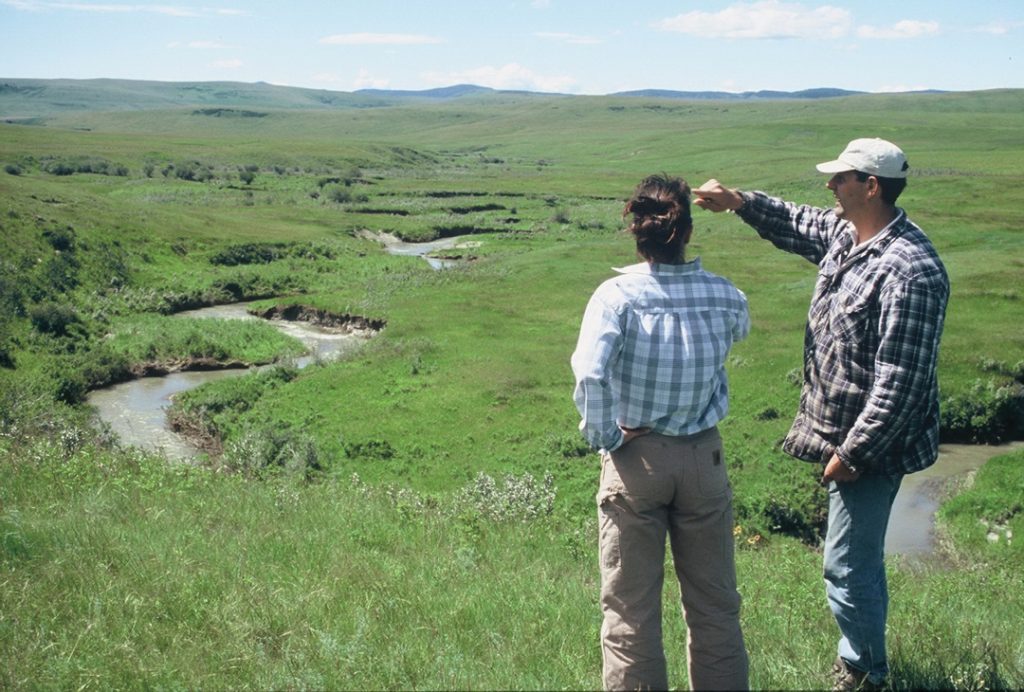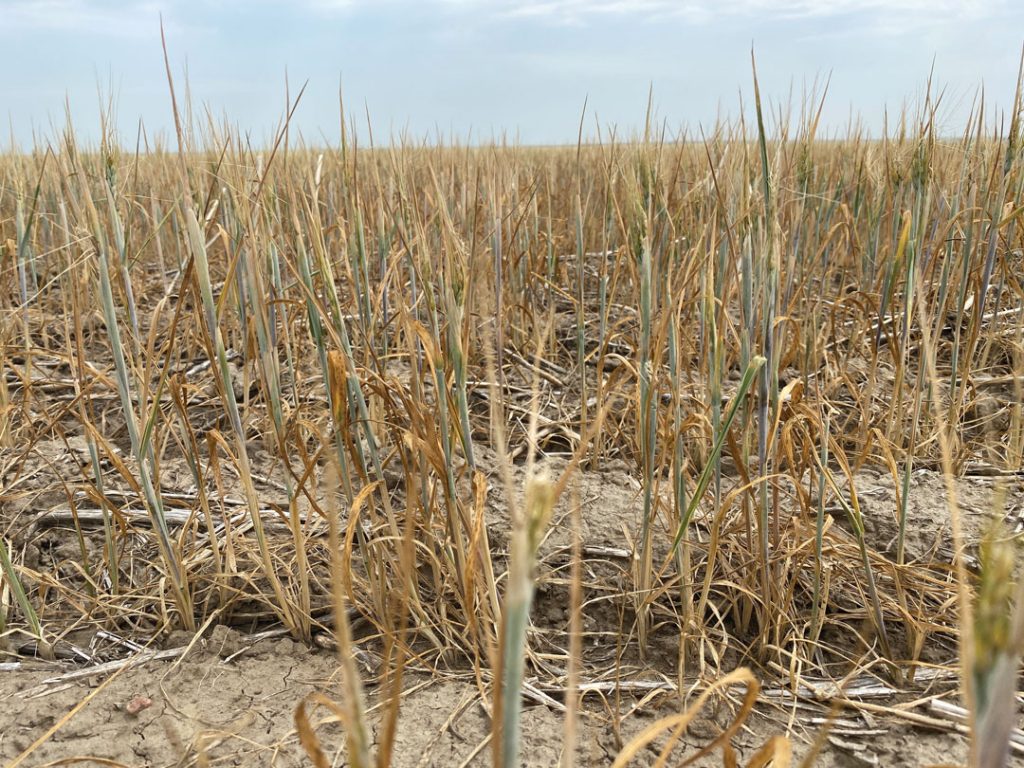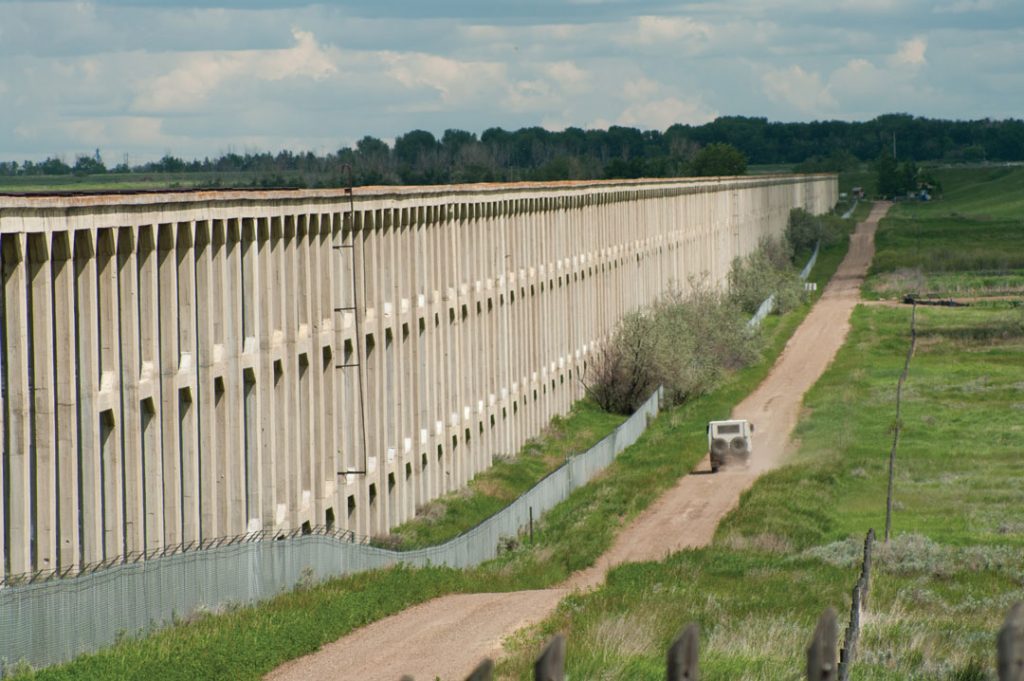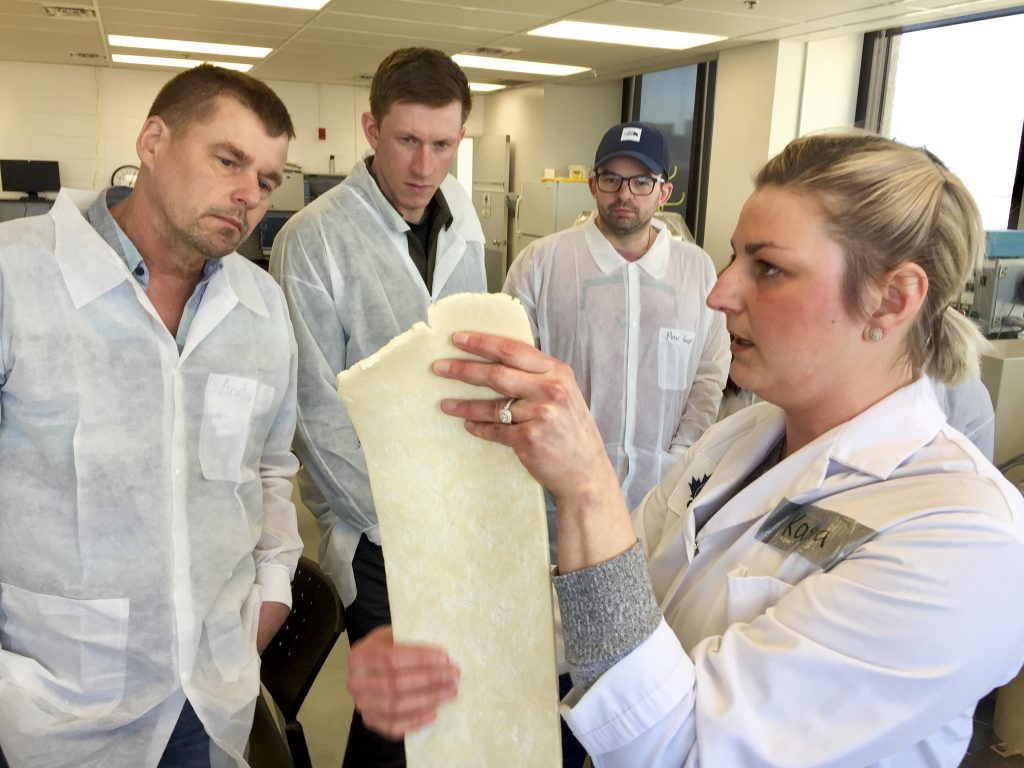UNWELCOME INSTABILITY
Markets prefer certainty, and COVID-19 injected a substantial amount of uncertainty. The supply chain was disrupted and continues to struggle while governments have poured money into the economy to maintain stability. Inflation has been a byproduct of this supply chain disruption and government largesse. Costs have gone up, wages have escalated and shipping costs increased. Shortages have spurred price hikes and food has not been spared.






